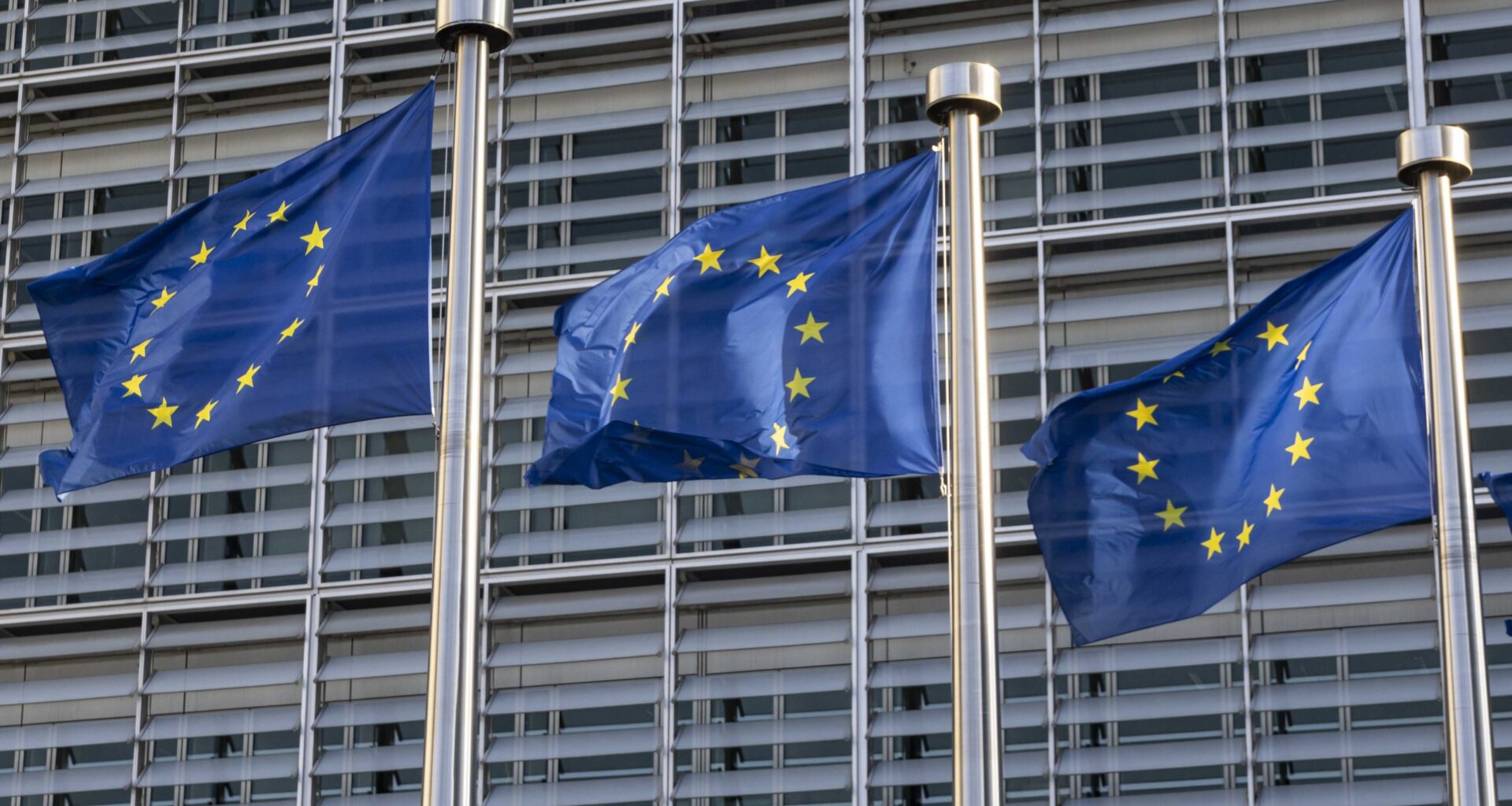France, Germany, Sweden, and eight other EU countries are pressuring Denmark to push through a deal on EU drug patent extension reform that could delay access to medicines, according to a document seen by Euractiv.
Currently, drugmakers can apply for patent extensions – known as Supplementary Protection Certificates (SPCs), either on a country-by-country basis or through the European Patent Office.
In 2023, the European Commission proposed to replace that system with a new, EU-wide one overseen by a new body called the EUIPO.
Now, 11 EU member states, including Belgium, Bulgaria, Finland, France, Germany, Italy, Latvia, Portugal, Romania, Slovenia, and Sweden, are urging Denmark, which currently holds the rotating EU Council presidency, to reach an agreement during the ongoing trilogue negotiations.
In their joint statement, they argue that reforming the SPC system is essential “for the competitiveness of the IP landscape in Europe”.
Denmark’s role
Denmark is seen as sympathetic to the push. Home to a strong pharmaceutical industry, it has previously resisted efforts to scale back IP protections under the EU’s broader pharmaceutical overhaul, known as the pharma package.
The Danish presidency has also named SPC reform a priority, along with reducing bureaucracy and boosting EU competitiveness.
The European Federation of Pharmaceutical Industries and Associations (EFPIA), which represents major drug manufacturers, supports the reform. Director Nathalie Moll said it would “stimulate research, development and investment in innovation, as well as to help boost growth and competitiveness in Europe.”
Evergreen concerns
Critics argue the opposite: that SPCs often delay the arrival of cheaper drugs and keep drug prices high. Some even describe SPCs as a form of evergreening, whereby pharmaceutical companies extend the life of a drug beyond the expiry date of the original patent.
International NGO Médecins Sans Frontières, for example, have said “SPCs lead to unaffordable medicines prices that prevail for longer periods of time.” However, they added that if the current SPC system is to remain, it should have safeguards to allow third parties to challenge unfair extension requests.
Access to Gilead’s hepatitis C drug sofosbuvir, for example, was delayed in some countries due to an SPC extension being granted, which kept prices high.
The generics industry, such as trade group Medicines for Europe, has also warned that SPC systems could threaten equitable access to medicines across the capitals without sufficient safeguards. They have also called for drugs which gain special market benefits like patent extensions to be truly innovative.
The Danish presidency is set to meet again at the Council in a technical briefing in early September to discuss the topic.
(de)
